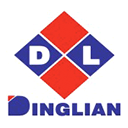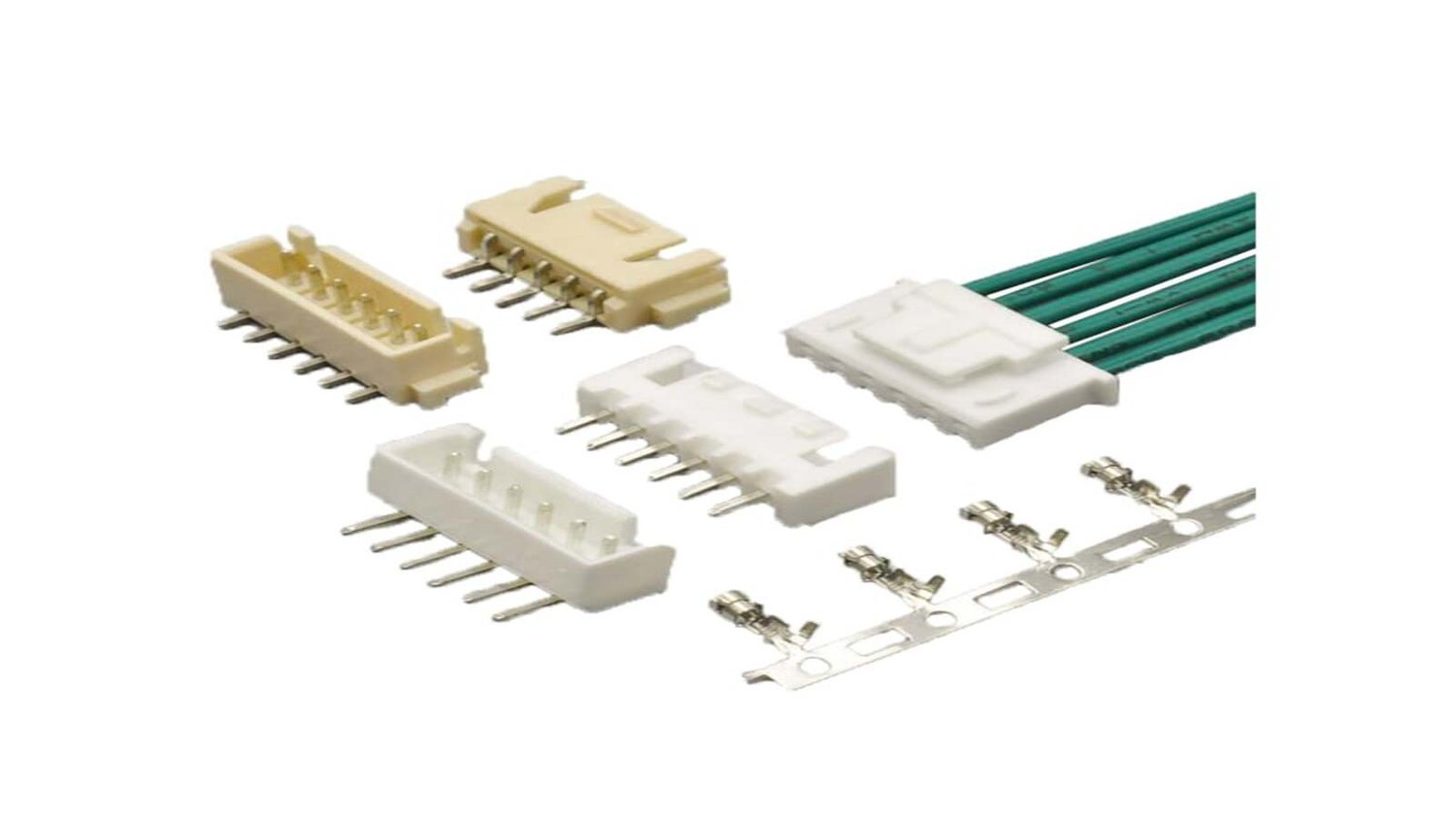When it comes to towing a trailer, ensuring that your trailer wiring connector is in good condition is crucial for safety and functionality. A trailer wiring connector is the link between your vehicle and trailer, allowing for the transfer of electrical signals to the trailer lights and brakes. In this article, we will cover everything you need to know about trailer wiring connectors, from different types to installation and maintenance tips.
Types of Trailer Wiring Connectors
There are several types of trailer wiring connectors available on the market, with the most common ones being 4-pin, 5-pin, 6-pin, and 7-pin connectors. The type of connector you need will depend on the wiring system of your trailer and the vehicle you are towing with. Make sure to choose a connector that is compatible with both systems to ensure proper functionality.
4-Pin Trailer Wiring Connectors
The 4-pin trailer wiring connector is the most basic type, providing connections for the tail lights, brake lights, and turn signals. This type of connector is commonly used for small trailers and utility trailers. It is essential to check the wiring diagram for your trailer and vehicle to ensure proper connections.
5-Pin Trailer Wiring Connectors
A 5-pin trailer wiring connector includes the same functions as a 4-pin connector with the addition of a reverse light connection. This type of connector is often used for trailers that have backup lights. Proper labeling and color-coding of wires are crucial when installing a 5-pin connector.
6-Pin Trailer Wiring Connectors
6-pin trailer wiring connectors have additional features compared to the 4-pin and 5-pin connectors. They typically include connections for the brake controller, which is essential for trailers with electric brakes. Make sure to follow the manufacturer's instructions when installing a 6-pin connector to ensure proper functionality.
7-Pin Trailer Wiring Connectors
The 7-pin trailer wiring connector is the most versatile and commonly used type, providing connections for all the basic functions along with auxiliary power, reverse lights, and brake controller. This type of connector is ideal for towing larger trailers, RVs, and boats. Proper maintenance and inspections are crucial for the optimal performance of a 7-pin connector.
Installation of Trailer Wiring Connectors
When installing a trailer wiring connector, it is essential to follow the wiring diagram provided by the manufacturer. Begin by disconnecting the negative battery cable to avoid any electrical mishaps. Inspect the wires and connections for any signs of wear or damage before installation. Secure the connector in place and test the lights to ensure proper functionality.
Maintenance Tips for Trailer Wiring Connectors
Regular maintenance of trailer wiring connectors is essential to prevent electrical failures and ensure safe towing. Inspect the connectors for any signs of corrosion, loose connections, or exposed wires. Clean the connectors with a wire brush and apply dielectric grease to prevent corrosion. Test the trailer lights before each trip to detect any issues early on.
Common Problems with Trailer Wiring Connectors
Some common problems that may arise with trailer wiring connectors include faulty connections, corrosion, wiring harness damage, and blown fuses. If you experience any issues with your trailer lights or brakes, it is essential to troubleshoot the wiring system to identify and resolve the problem promptly.
Upgrading Trailer Wiring Connectors
If you are planning to upgrade your trailer wiring connector, consider opting for a higher pin count connector for added features and functionality. Make sure to choose a connector that is compatible with your vehicle and trailer wiring systems. Proper installation and testing are crucial to ensure a successful upgrade.
Choosing the Right Trailer Wiring Connector
When choosing a trailer wiring connector, it is essential to consider the specific requirements of your towing setup. Evaluate the functions you need, the compatibility with your vehicle and trailer, and the ease of installation. Opt for a high-quality connector from a reputable manufacturer to ensure reliability and durability.

